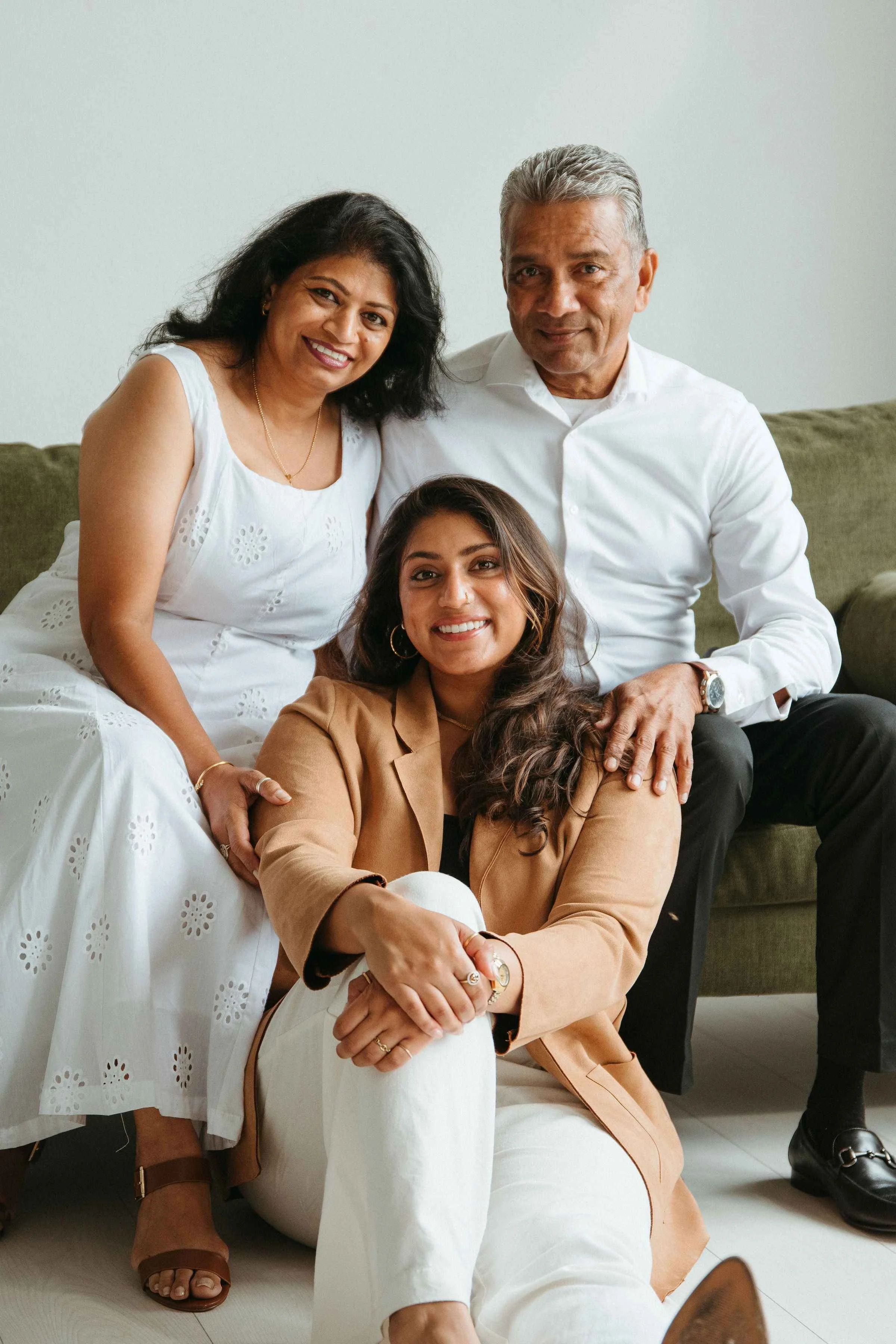Culturally-Informed Family Therapy in Dallas & Houston
Strengthen connections, heal generational wounds, and improve communication with culturally-informed family therapy. Expert support for Asian American families, immigrant families, and all family structures.
What Is Family Therapy?
Family therapy (also called family counseling or systemic therapy) brings family members together to improve communication, resolve conflicts, and heal relational wounds. Unlike individual therapy, family therapy focuses on the relationships and dynamics between family members—how you interact, communicate, and influence each other.
At Intentional Therapy, we specialize in culturally-informed family therapy for Asian American families, immigrant families, BIPOC families, and LGBTQIA+ families. We understand intergenerational trauma, cultural expectations, family hierarchy, and the unique pressures of navigating multiple cultural identities. You won't need to explain why family dynamics are complicated—we get it.
How Family Therapy Works
A collaborative process to heal relationships and improve family dynamics
Initial Consultation (Free 15 Minutes)
We'll discuss your family's concerns, who will attend sessions, and what you hope to achieve. This helps us determine if family therapy is the right fit and match you with the best therapist for your family's needs.
First Family Session: Understanding Your Story
The first session (usually 60-90 minutes) involves meeting with all participating family members. Your therapist will ask about family history, current challenges, communication patterns, and each person's perspective. Everyone gets a chance to be heard in a safe, moderated space.
Setting Goals Together
We'll work as a family to identify what you want to improve—better communication, resolving specific conflicts, healing old wounds, or strengthening bonds. Goals are created collaboratively so everyone feels invested.
Ongoing Family Sessions
Most families meet weekly or biweekly for 50-90 minute sessions. We'll work on communication skills, conflict resolution, understanding each other's perspectives, and changing unhelpful patterns. Some sessions may include all family members, others might focus on specific relationships (like parent-child dyads).
Individual Sessions (When Needed)
Sometimes family members may need individual sessions to process their own emotions, work through personal challenges, or prepare for difficult family conversations. This is common and helps strengthen the overall family work.
Progress & Graduation
Family therapy typically lasts 3-6 months, though some families need more or less time. As communication improves and conflicts decrease, sessions may be spaced out. We'll end therapy when your family has the tools to navigate challenges independently.
Who Should Attend Family Therapy Sessions?
Struggling with Your Mother-Daughter Relationship? You’re Not Alone
Ayesha specializes in healing mother-daughter relationships—especially when cultural expectations, generational gaps, or past hurts create distance.
“The relationship between mothers and daughters is powerful—and sometimes complicated. Let’s work through it together.”

Ready to Transform Your Family Dynamics?
Stop repeating patterns that aren’t working. Our culturally-informed family therapists help rebuild trust, improve communication, and support lasting change.



